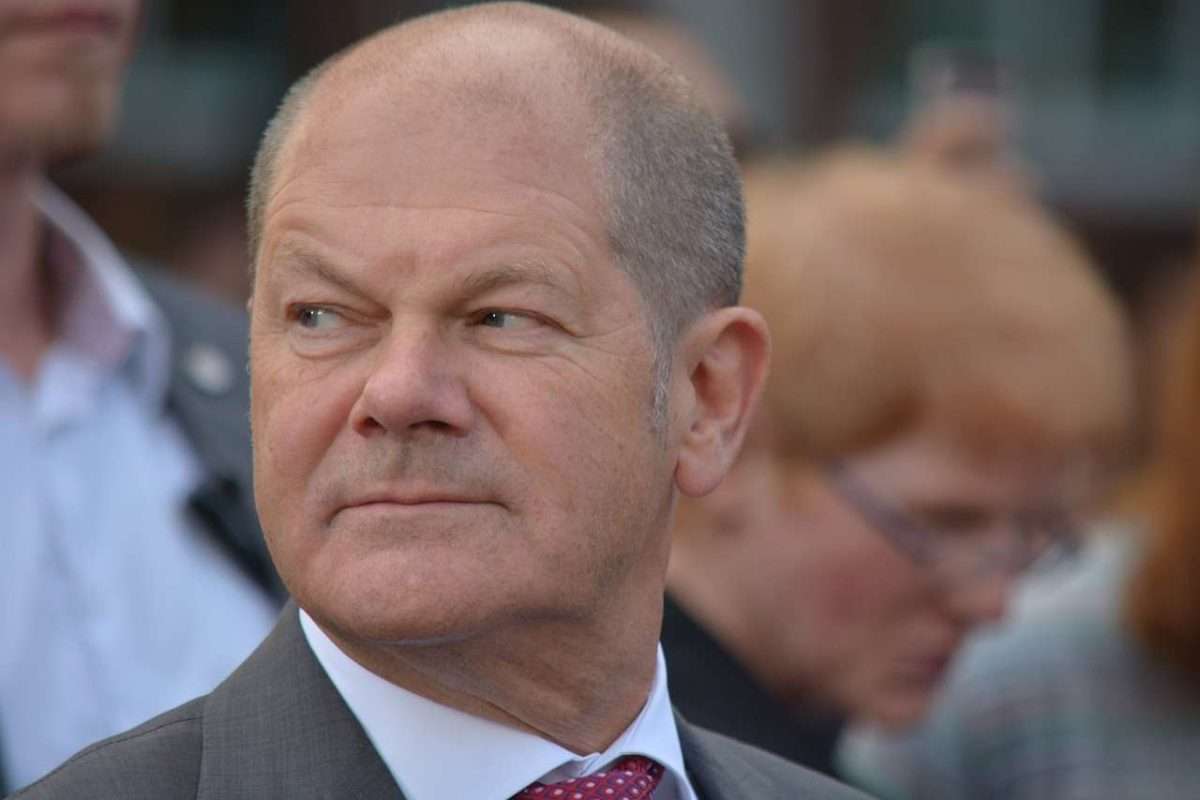Germany’s Foreign Minister Annalena Baerbock faces diplomatic backlash from China after referring to Chinese President Xi Jinping as a “dictator” in a recent interview. The Chinese government summoned Germany’s ambassador to protest the comment, heightening tensions between the two nations that have been carefully navigating their economic and political relationship.

In the latest flare-up between China and Western democracies over the characterization of its leadership, Beijing called in Patricia Flor, Germany’s ambassador to China, to register strong protest against comments made by German Foreign Minister Annalena Baerbock. In an interview with Fox News, Baerbock used the term “dictator” to describe Chinese President Xi Jinping while discussing Russia’s ongoing conflict with Ukraine.
China’s Foreign Ministry spokesperson Mao Ning stated that they were “strongly dissatisfied” and “firmly oppose” Baerbock’s comments, describing them as an “open political provocation” that seriously undermines China’s political dignity. Interestingly, both the question regarding Baerbock’s comments and Mao’s response were later omitted from the official transcript of the ministry’s regular briefing—a usual tactic for content deemed sensitive by Beijing.
A Pattern of Sensitivity
This isn’t the first time China has reacted strongly to the term “dictator” being used to describe Xi Jinping. Earlier in June, U.S. President Joe Biden also used the same descriptor, eliciting an equally fervent response. Xi’s predecessor, Jiang Zemin, had similarly bristled at being called a dictator in a 2000 interview with American journalist Mike Wallace.
Xi Jinping, who has increasingly centralized power during his unprecedented third five-year term, dismantled the “collective leadership” model of governance that was once a hallmark of Chinese politics.
Germany’s Diplomatic Tightrope
Germany’s complex relationship with China, its largest trading partner, has come under increased scrutiny, especially following Russia’s invasion of Ukraine, which laid bare Germany’s dependency on Russian energy. The relationship has been further strained by China’s unwillingness to condemn Russia’s actions in Ukraine and its aggressive posturing in regions like Taiwan and the South China Sea.
Berlin has been recalibrating its strategy towards Beijing, aiming to reduce economic dependency. A strategy paper released in July designated China as “a partner, competitor, and systemic rival” and outlined plans to decrease reliance on China in critical sectors like medicine, lithium batteries, and chipmaking elements.
The New German Stance
Annalena Baerbock, a member of Germany’s Greens party, has been pushing for a more assertive policy toward China, especially on issues related to human rights and Taiwan—a self-governing democracy that China claims as its territory. In recent months, she has described China as more of a systemic rival than a trade partner, sentiments that attracted strong criticism from China’s state-run Global Times.
As Germany and China continue to navigate their delicate relationship, comments like Baerbock’s are emblematic of a growing sentiment among European capitals—a hardening stance against China’s political and military maneuvers.
Looking Ahead
With Baerbock leading the foreign policy arm of Germany’s centre-left coalition government, her remarks are likely indicative of a shift in how Berlin will engage with Beijing moving forward. Whether this will result in a substantive change in the dynamics of Sino-German relations remains to be seen, but it certainly adds another layer of complexity to an already intricate geopolitical landscape.
(Associated Medias | FAD) – All right are reserved
